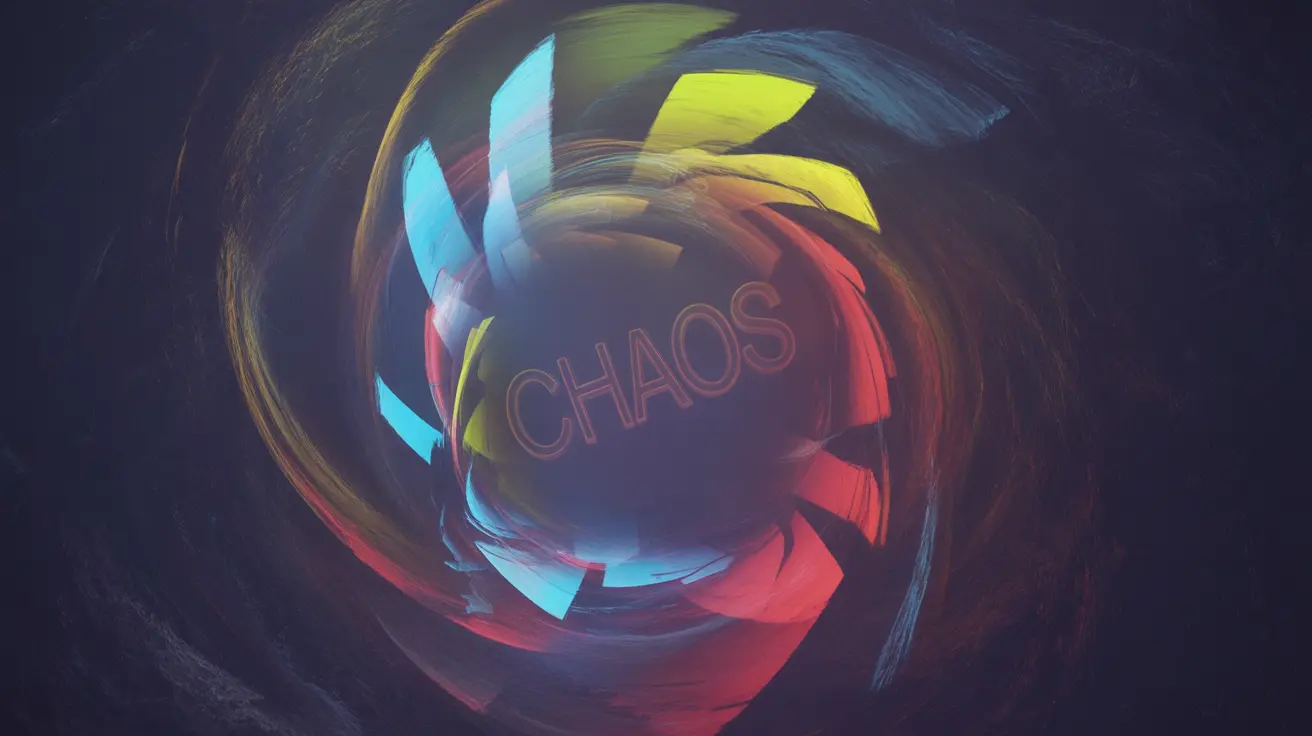Experiencing a manic episode can be an overwhelming and intense experience that significantly impacts a person's life. Understanding what mania feels like is crucial for both individuals who may be experiencing it and their loved ones who want to provide support. This comprehensive guide explores the sensations, symptoms, and experiences associated with manic episodes.
The Intense Experience of Mania
Mania typically manifests as an extremely elevated mood state characterized by heightened energy, decreased need for sleep, and racing thoughts. During a manic episode, individuals often describe feeling invincible, extraordinarily creative, and capable of achieving anything. However, these feelings can quickly become overwhelming and potentially dangerous.
Physical Sensations During Mania
The physical experience of mania often includes:
- Intense energy and restlessness
- Rapid heartbeat and heightened sensory experiences
- Decreased need for sleep without feeling tired
- Physical agitation and inability to sit still
- Increased appetite or complete loss of appetite
Emotional and Mental Experiences
The emotional landscape during a manic episode can be complex and overwhelming. Many people report experiencing:
- Euphoria and extreme optimism
- Racing thoughts that jump from topic to topic
- Increased self-confidence and grandiose ideas
- Difficulty concentrating on single tasks
- Heightened irritability or agitation
Understanding Hypomania vs. Mania
While both conditions involve elevated mood states, hypomania and mania have distinct characteristics and levels of severity. Hypomania typically involves milder symptoms that don't significantly impair daily functioning, while full-blown mania can lead to severe disruptions in work, relationships, and personal safety.
Recognizing Risk Behaviors
During manic episodes, individuals may engage in potentially dangerous behaviors such as:
- Excessive spending or gambling
- Risky sexual behavior
- Making impulsive life-changing decisions
- Dangerous physical activities
- Substance use or abuse
Managing and Preventing Manic Episodes
Understanding triggers and implementing management strategies is crucial for maintaining stability. Key approaches include:
- Maintaining regular sleep patterns
- Following medication schedules as prescribed
- Tracking mood changes and warning signs
- Developing a strong support network
- Regular communication with healthcare providers
When to Seek Emergency Help
Immediate medical attention is necessary if you or someone you know experiences:
- Thoughts of self-harm or suicide
- Severe risk-taking behavior
- Complete loss of touch with reality
- Inability to care for basic needs
- Extreme agitation or aggression
Frequently Asked Questions
What does mania feel like and how can I recognize the symptoms?
Mania feels like an intense surge of energy combined with racing thoughts and extreme confidence. Common symptoms include decreased need for sleep, rapid speech, increased goal-directed activities, and feelings of grandiosity. Physical sensations often include restlessness, racing heart, and heightened sensory experiences.
How is mania different from hypomania in bipolar disorder?
Hypomania is a less severe form of mania that doesn't typically cause severe impairment in daily functioning. While mania can last longer and may include psychotic features, hypomania generally doesn't require hospitalization and doesn't include psychotic symptoms.
What are the risks and behaviors associated with manic episodes?
Manic episodes often involve risky behaviors such as excessive spending, dangerous driving, substance abuse, and impulsive decision-making. These behaviors can lead to serious consequences in relationships, finances, and personal safety.
What triggers mania and how can it be managed or prevented?
Common triggers include stress, lack of sleep, seasonal changes, and medication changes. Management strategies include maintaining regular sleep patterns, taking prescribed medications consistently, avoiding substances, and working closely with healthcare providers.
When should I seek urgent medical help for mania or manic symptoms?
Seek immediate medical attention if you experience thoughts of self-harm, severe risk-taking behavior, loss of touch with reality, or inability to care for yourself. Also seek help if manic symptoms significantly interfere with daily functioning or relationships.




